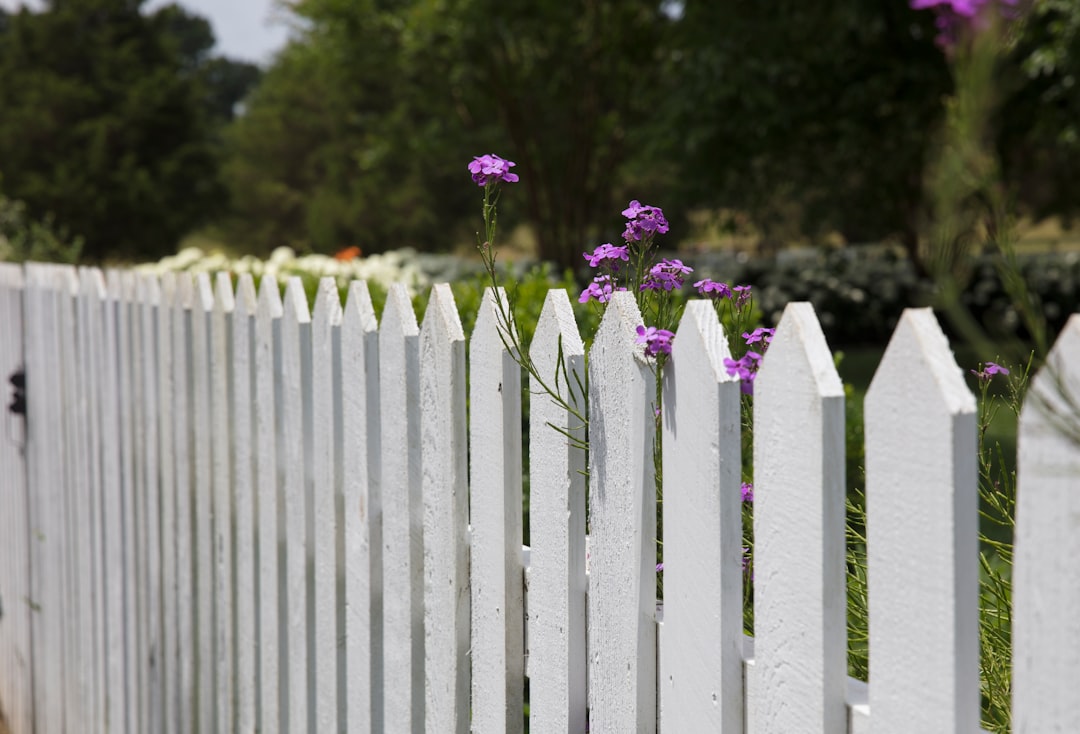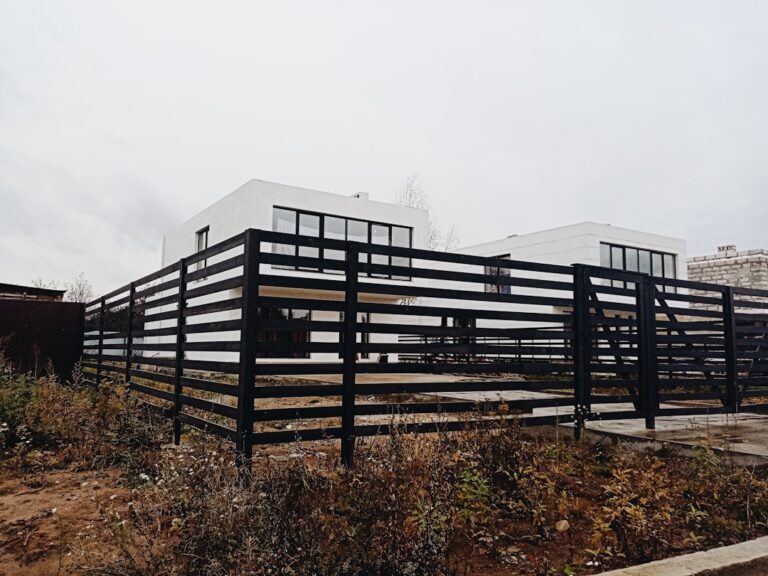When installing or replacing a fence, understanding local codes and regulations is vital through Fence Company expertise. These rules ensure safety, maintain neighborhood aesthetics, and protect property values. Adhering to these guidelines prevents legal issues, promotes structural integrity and appeal, and fosters customer trust – key factors in the competitive fencing market. Engaging experienced contractors familiar with local standards and obtaining permits beforehand are best practices for fence companies to guarantee successful, compliant installations.
For any fence installation project, adhering to local codes and regulations is paramount. This ensures structural safety, aesthetic harmony, and legal compliance. For professional fence companies, understanding these nuances is essential for a successful and sustainable business. This article guides you through the process of navigating local codes and regulations for fences, highlighting best practices to ensure your projects meet industry standards, avoid legal pitfalls, and maintain client satisfaction.
- Understanding Local Codes and Regulations for Fences
- The Importance of Compliance for Professional Fence Companies
- Best Practices for Building Fences That Adhere to Standards
Understanding Local Codes and Regulations for Fences

When considering a new fence installation or replacement, understanding local codes and regulations is paramount. Each community has its own set of guidelines governing property improvements, including fences. These rules are designed to ensure safety, maintain neighborhood aesthetics, and protect property values. A reputable fence company will be well-versed in these local laws, guiding clients through the necessary permits and ensuring their fence meets all requirements.
Familiarity with local codes involves understanding height restrictions, material types allowed, setbacks from property lines, and even specific design elements. For instance, some areas may encourage or mandate certain fencing materials for security or environmental reasons. Staying compliant not only avoids legal issues but also guarantees a fence that aligns with both functional and aesthetic expectations.
The Importance of Compliance for Professional Fence Companies

For professional fence companies, adhering to local codes and regulations is more than just a legal requirement – it’s paramount for maintaining a strong reputation and ensuring customer satisfaction. Compliance with fencing standards not only safeguards against potential fines and legal issues but also demonstrates a commitment to quality and safety. By prioritizing code adherence, reputable fence companies can offer their clients peace of mind, knowing that their installations meet all necessary criteria for structural integrity, accessibility, and aesthetic appeal.
This dedication to compliance is especially crucial in the competitive landscape of fencing services. It enables companies to stand out from their peers by showcasing expertise and professionalism. Moreover, adhering to local regulations fosters trust with both current and prospective clients, solidifying the company’s position as a reliable and responsible provider in its industry.
Best Practices for Building Fences That Adhere to Standards

When working with a fence company, adhering to local codes and regulations is paramount. The best practices for building fences that meet these standards involve several key steps. First, thorough research is essential to understand the specific requirements of your area, including set-back rules, material restrictions, and design guidelines. Engaging with reputable and experienced fence contractors who are well-versed in these local codes can significantly streamline the process.
Second, obtaining the necessary permits before construction begins is crucial. This ensures that every aspect of the project complies with regulations, avoiding potential fines or disruptions later. Regular communication between property owners and local authorities, as well as adherence to approved plans, helps guarantee a smooth building process. By following these best practices, fence installations can not only meet but exceed standards, resulting in durable, safe, and aesthetically pleasing barriers that enhance any property.
When it comes to fence construction, adhering to local codes and regulations is non-negotiable for any reputable Fence Company. Not only does compliance ensure structural safety and legal integrity, but it also demonstrates a commitment to quality and professionalism. By following best practices and staying informed about local standards, fence companies can deliver durable, aesthetically pleasing, and code-compliant installations that enhance property values and protect both residents and the community.
